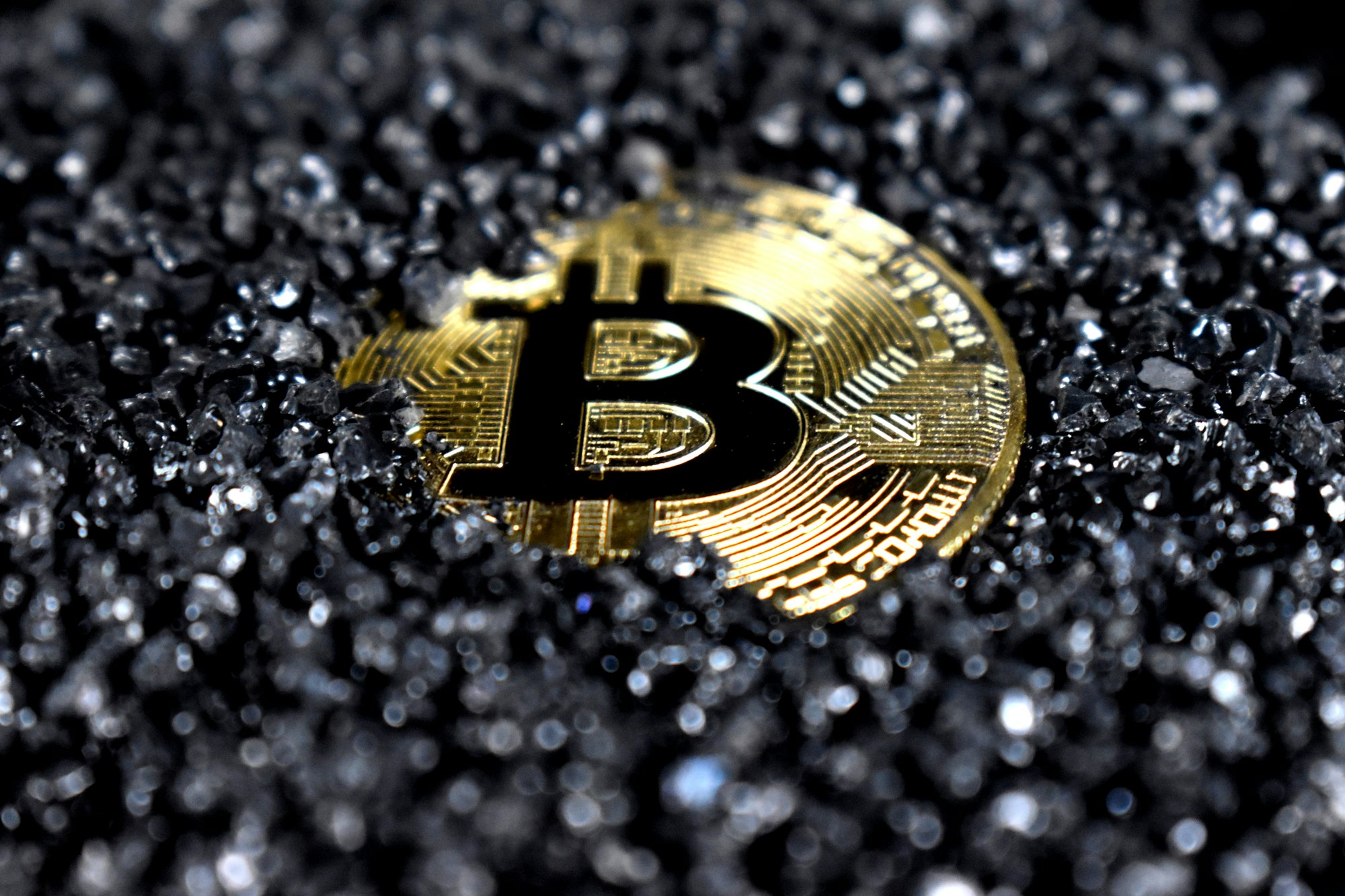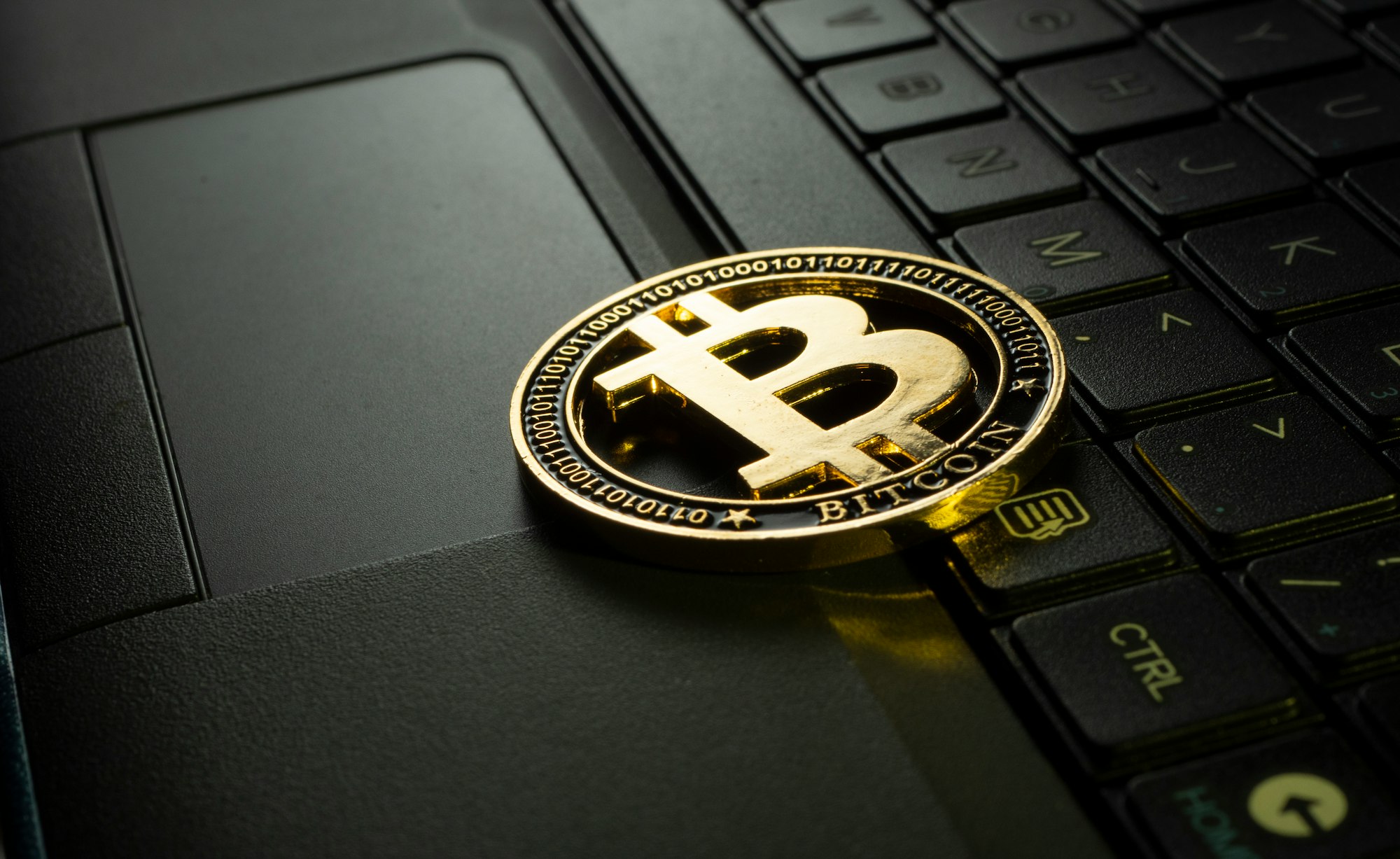Bitcoin Mining: Understanding its Role in Ensuring the Security and Reliability of the Bitcoin Network


Bitcoin mining is the process of adding transactions to the public ledger of the cryptocurrency, known as the blockchain. This ledger is a record of every transaction that has ever occurred on the network, and is maintained by a network of computers known as miners. These miners are motivated to participate in the network by the reward of newly minted bitcoins and transaction fees.
To understand how bitcoin mining works, it's important to first understand the concept of the blockchain. A blockchain is a decentralized, distributed ledger that records the history of all transactions that take place on the network. It is called a "chain" because it is made up of a series of blocks, each of which contains a number of transactions.
When a new block is added to the blockchain, it is broadcast to the entire network of miners. Each miner then independently verifies the transactions contained in the block to ensure that they are valid. This is done through a process called "proof of work," which involves solving a complex mathematical problem. The first miner to successfully solve the problem and verify the transactions in the block is rewarded with a certain number of newly minted bitcoins.

But why do miners go through all of this effort to verify transactions and add them to the blockchain? The answer is that they are motivated by the reward of newly minted bitcoins and transaction fees. Every time a new block is added to the blockchain, a certain number of bitcoins are created and awarded to the miner who solved the proof of work problem. These newly created bitcoins are called the "block reward."
In addition to the block reward, miners also receive a portion of the transaction fees that are included in the transactions they verify. Transaction fees are paid by users who want their transactions to be processed more quickly and added to the blockchain. These fees provide an additional incentive for miners to participate in the network and help to secure the blockchain.
The process of mining requires a lot of computational power, and therefore requires specialized hardware known as "mining rigs." These rigs are powerful computers that are specifically designed to solve the complex mathematical problems involved in the proof of work process. The more computational power a miner has, the greater their chances of solving the proof of work problem and earning the block reward.
As the number of miners on the network increases and more computational power is added, the difficulty of the proof of work problem also increases. This is done to ensure that the rate at which new blocks are added to the blockchain remains steady and consistent. If the difficulty did not increase, it would be possible for a single miner or a group of miners with a large amount of computational power to dominate the network and control the blockchain. By increasing the difficulty, the network ensures that no single miner or group of miners can gain too much power.
In addition to the proof of work problem, miners also need to ensure that the transactions they verify are valid. This involves checking that the sender of a transaction has sufficient funds to complete the transaction, and that the transaction is not a double spend. A double spend is when a user attempts to spend the same bitcoin more than once. By verifying transactions and ensuring their validity, miners help to maintain the integrity of the blockchain and prevent fraudulent activity.
Overall, the process of bitcoin mining is essential to the security and reliability of the bitcoin network. It ensures that transactions are processed quickly and securely, and that the supply of bitcoins is regulated and controlled. Without mining, the bitcoin network would not be able to function effectively.
Conclusion

Bitcoin mining is a crucial process in the security and reliability of the bitcoin network. It involves adding transactions to the public ledger of the cryptocurrency, known as the blockchain, and is maintained by a network of computers known as miners. These miners are motivated by the reward of newly minted bitcoins and transaction fees, and use specialized hardware called "mining rigs" to solve complex mathematical problems in the proof of work process. By verifying transactions and ensuring their validity, miners help to maintain the integrity of the blockchain and prevent fraudulent activity. Without mining, the bitcoin network would not be able to function effectively.
